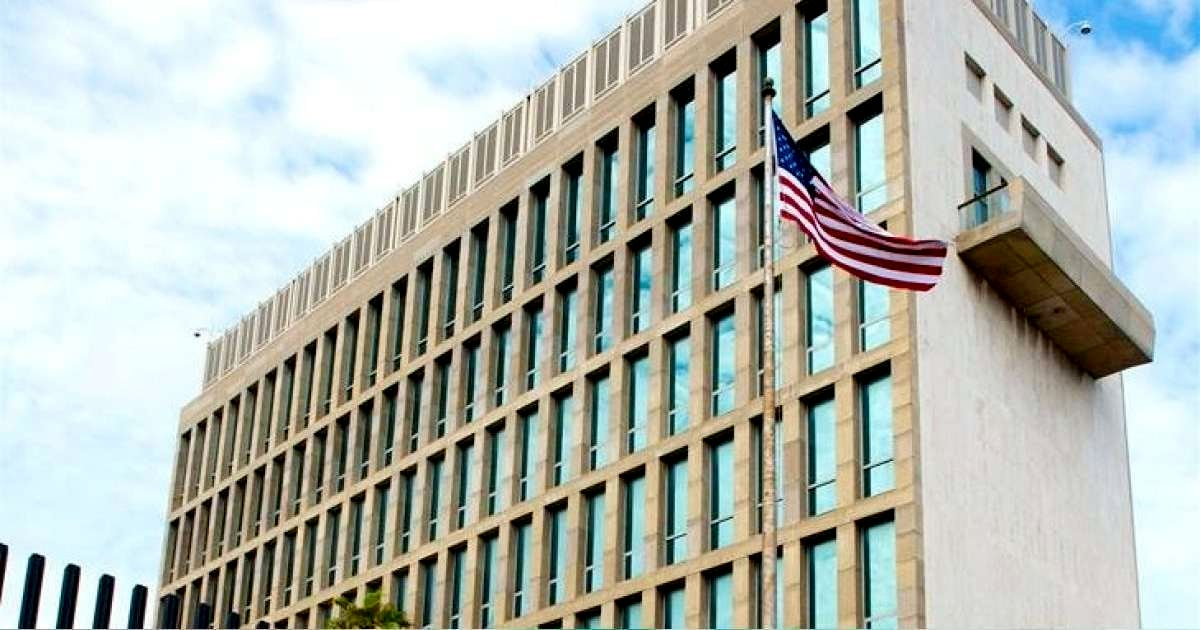More than 300 individuals, including children, have had to undergo treatment for the condition known as Havana Syndrome, according to a report issued by the U.S. Government Accountability Office (GAO). A total of 334 people, comprising active-duty military personnel, current and former federal employees from various agencies, and their family members, have qualified to receive care within the U.S. military healthcare system.
However, those affected, who are not exclusively from the Cuban capital but have been detected in other parts of the world, face challenges in obtaining their treatment, says a report by El Nuevo Herald. The American newspaper notes that most of the affected officials are from intelligence agencies and the Department of Defense.
Impact on Government Personnel
As of April 2024, 257 civilian government workers, former employees, and family members had qualified for treatment. Among them, 88 were from the Central Intelligence Agency (CIA) and the Office of the Director of National Intelligence, while 74 were referred by the Department of Defense.
The rest includes 28 individuals referred by the FBI, 44 by the State Department, and 26 from the Departments of Homeland Security and Agriculture, the National Security Council, and the U.S. Agency for International Development (USAID), according to the report.
Victims have described primary symptoms including exposure to sensory phenomena such as pressure and noise from a specific location, leading to brain trauma and a variety of other symptoms like vertigo, tinnitus, migraines, visual problems, and cognitive impairment.
Controversies and Investigations
Regarding the U.S. Embassy in Havana, it wasn't until late 2016 that officials began experiencing a series of strange symptoms, sparking concern over how intelligence agencies managed the situation and leading to conclusions that dismissed a possible attack by a foreign adversary.
In February of this year, the U.S. Congress increased its suspicions that intelligence reports did not thoroughly investigate the matter and prematurely dismissed it as a non-threat. Initially considered to be a bizarre "acoustic attack," the investigation into these events has been marked by discrepancies and omissions in studies commissioned by government agencies, increasing confusion around these incidents.
Although intelligence agencies have ruled out the involvement of foreign adversaries, subsequent reports suggest that commercial devices like directional speakers might be involved. In late March this year, an investigative report by The Insider, in collaboration with 60 Minutes and Der Spiegel, provided evidence suggesting that anomalous health incidents (AHI)—also known as Havana Syndrome—may originate from the use of "directed energy weapons" wielded by members of Russia's GRU Unit 29155.
The extensive and detailed journalistic work reveals that members of the Kremlin's military intelligence sabotage squad have been located at the sites of alleged attacks on U.S. government personnel abroad and their families.
The Cuban regime responded to these revelations by denying their existence and labeling the information as a "political operation" without basis. "It’s the Washington Syndrome," stated Johana Tablada de la Torre, Deputy Director for the United States of the Cuban Foreign Ministry, who considered the publication to be a "propaganda" operation aimed at reviving "conspiracy theories."
Frequently Asked Questions About Havana Syndrome
In light of the ongoing concerns and investigations surrounding Havana Syndrome, here are some frequently asked questions to provide further clarity on the issue:
What is Havana Syndrome?
Havana Syndrome refers to a set of medical symptoms experienced by U.S. and Canadian embassy staff in Cuba, starting in late 2016, which include brain trauma, vertigo, tinnitus, migraines, and cognitive impairment.
Who has been affected by Havana Syndrome?
Over 300 individuals, including active-duty military personnel, current and former federal employees, intelligence agency officials, and their family members have been affected and qualified for treatment within the U.S. military healthcare system.
What are the suspected causes of Havana Syndrome?
While initial investigations suggested "acoustic attacks," more recent reports indicate that directed energy weapons might be involved, with some evidence pointing to Russia's GRU Unit 29155 as a potential source.
How has the Cuban government responded to these allegations?
The Cuban regime has denied the existence of Havana Syndrome, labeling the claims as a "political operation" without foundation and dismissing the reports as propaganda aimed at reviving conspiracy theories.
